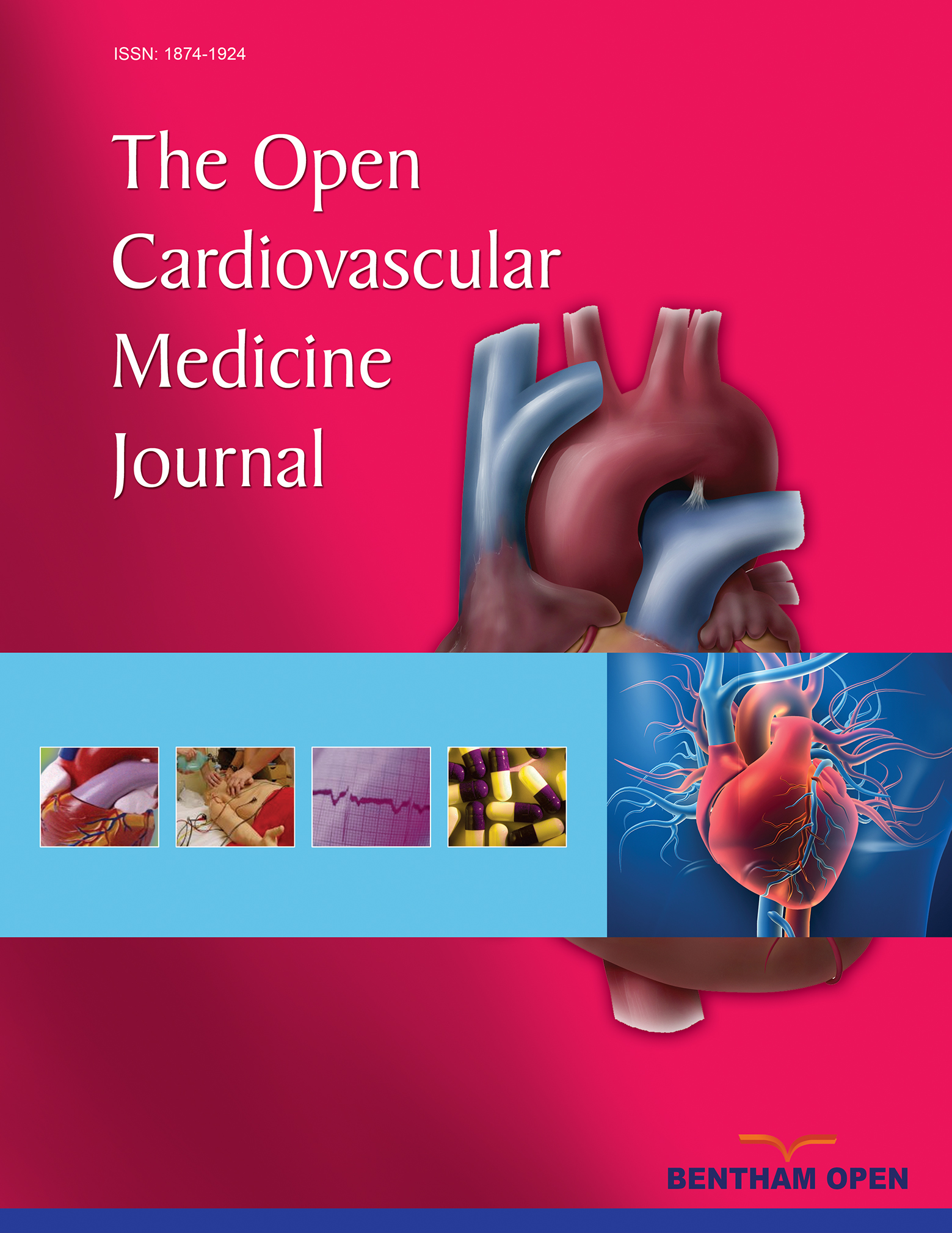All published articles of this journal are available on ScienceDirect.
Relationship between Physiological Health Status, Lifestyle Behaviors, and Cardiovascular Disease Among Adults in Two Arab Countries
Abstract
Purpose:
Identify the relationships among participants’ lifestyle and their perceptions toward physiological health status.
Methods:
This is a cross-sectional research study. A convenience sampling was used to recruit 480 adult clients from Jordan and Saudi Arabia.
Results:
The majority of the participants (48.8%) rated their physiological health status as sub-optimal health. Significant positive associations were found between participants’ perceptions about physiological health status as ‘healthy’ and their positive lifestyle and low-risk behaviors for Cardiovascular Disease (CVD). Specifically, the associations were between not being smoker (χ2 = 4.17, p = 0.04), practicing physical activity (χ2 = 60.9, p < 0.001), eating ≥ 5 cups of fruits and vegetables daily (χ2 = 8.33, p = 0.004), and being normal/under-weight (χ2 = 65.5, p < 0.001).
Conclusion:
Perception about poor/sub-optimal physical health status is associated with many CVD risk factors. Using a brief screening tool to assess physical health status is recommended at each clinic visit. In addition, periodic physical assessment, full check-up, and follow-up with healthcare providers are highly suggested for those who perceived their physical health status as “poor” to prevent further CVD. Health education is pressingly recommended to improve the awareness of these Arab communities toward the prevention of CVD risk factors and enhancement of positive lifestyle behaviors.


